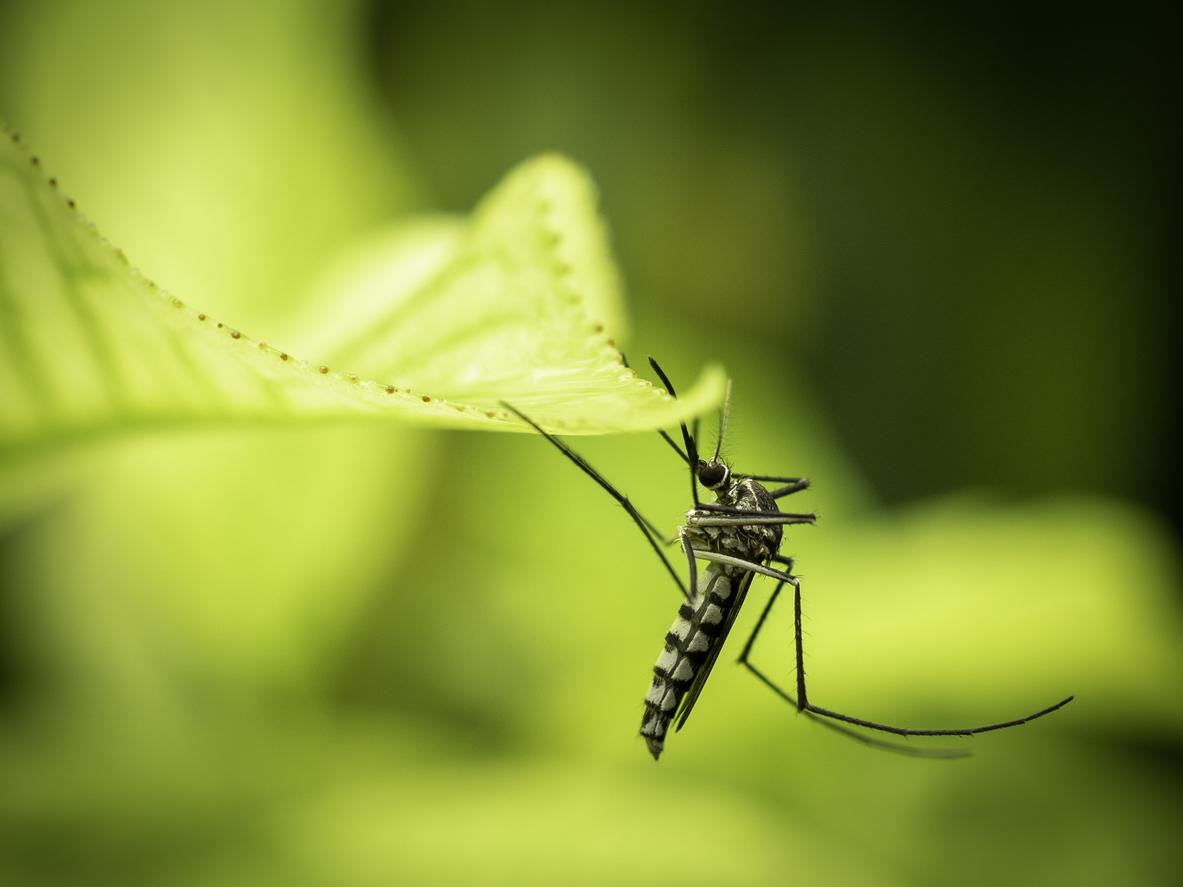It has been proven that the tiger mosquitoes that live in our territory are potential carriers of the disease.

- Although historically restricted to the intertropical zone, human infections by the dengue virus have been detected in mainland France since 2010.
- INRAE scientists intervened in a cluster of dengue cases detected in Drôme in 2023.
- For the first time in mainland France, researchers have found tiger mosquitoes infected with dingue.
“Tiger mosquitoes infected with the dengue virus have been detected for the first time in mainland France.” In a press release, INRAE greatly welcomes this progress.
“This discovery is major because not only does it allow for the first time to confirm the species vector of dengue (here the tiger mosquito), but it also offers an innovative way to trace the virus and monitor the epidemiology of the disease easily, quickly and at low cost. This can now be done by analyzing the contents of mosquito traps in citizens living near detected cases of the disease.”we can read in the document sent to the editorial offices.
Tiger mosquito: a cluster of dengue cases detected in Drôme
While human infections with the dengue virus have been detected in mainland France for 15 years, data to identify the species of mosquitoes involved and to trace the virus were still lacking until now. To overcome this deficit, dINRAE scientists (in collaboration with Claude Bernard Lyon 1 University, EPHE-PSL and the MASCARA network) intervened in a cluster of dengue cases detected in Drôme in 2023.
The outbreak included 3 cases, 2 of which were indigenous, confirmed by serology or virus detection, meaning that the patients had not travelled to an area where the disease is present in the last 15 days and had therefore been infected on French territory. A 3rd case, identified near the first two following the epidemiological investigation, was classified as imported.
Aedes albopictus (tiger mosquito) mosquitoes trapped within 100 meters of the infected persons’ residential area contained the dengue virus. “Genetic data from the virus collected from the mosquitoes linked this viral strain to the strains responsible for the 2023-2024 dengue epidemic that hit the French Caribbean islands. This suggests that mosquitoes may have transmitted the virus from the imported case to the indigenous cases, causing the outbreak of infection,” explain the researchers.
Tiger mosquito: “this study highlights the importance of entomo-virological surveillance”
“This study shows the importance of implementing individual and collective control plans against the tiger mosquito, but also of raising awareness among health professionals about the diseases transmitted by this species. Finally, it highlights the importance of entomo-virological surveillance, in particular through the use of private mosquito traps,” they add.
“Dengue fever – or tropical flu – is the main viral disease linked to mosquitoes and against which there is no specific treatment. Prevention is therefore essential,” also estimates INRAE.
Tiger mosquito: since when have we observed indigenous cases of dengue fever in France?
In metropolitan France, indigenous dengue infections were initially detected in Nice and remained limited to the south of the country until 2018.
“Since then, the epidemiological profile of dengue has evolved. In 2022 alone, 65 indigenous cases were identified and this total exceeds the cumulative number of cases reported over the previous 10 years,” indicates INRAE. “Moreover, the latitudinal limit of the dengue clusters observed on the metropolitan national territory has moved towards the north, that is to say first towards the Auvergne-Rhône-Alpes region in 2019 then towards the Île-de-France in 2023”, adds the research center.


















